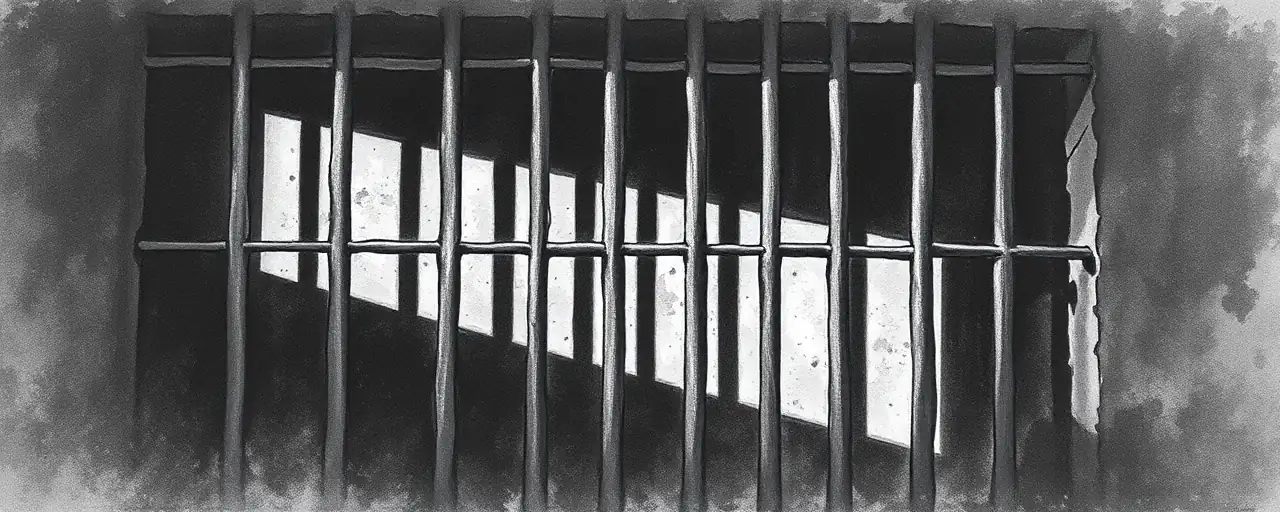A Package That Changed Everything
Kirkville Virgo walked into a Richmond, Virginia hotel last March under a false name, expecting to pick up a shipment that would keep his operation running. What the 47-year-old Jamaican national didn’t know was that law enforcement had already intercepted his package, swapping most of its contents, 18 pounds of methamphetamine, with rock salt. By the time Virgo claimed the parcel from the front desk, agents were ready to move in, ending a months-long investigation with his arrest.
The sting operation, detailed in a recent U.S. Immigration and Customs Enforcement (ICE) announcement, offers a glimpse into the persistent battle against drug trafficking in the United States. Virgo’s sentencing to 14 years in prison on March 28, 2025, marks a significant win for a joint effort involving ICE, Virginia State Police, and federal prosecutors. Yet, beneath the surface of this case lies a tangle of issues, from illegal re-entry to the broader impact of methamphetamine on communities, that continue to challenge authorities and residents alike.
Unpacking the Bust
The investigation began when authorities tracked a shipment from California to Richmond, addressed to a fictitious 'Christopher Jackson.' Inside, they found over 9,000 grams of methamphetamine, a haul valued for its size and purity. Agents replaced the bulk of the drug with a sham substitute, leaving just enough real methamphetamine to secure a conviction. When Virgo, using the alias Delbert Dujon, retrieved the package, law enforcement closed the net, revealing not just a drug trafficking attempt but a man who had no legal right to be in the country.
Virgo’s history added another layer to the case. Deported from the United States in 2013, he had returned illegally, a felony under federal law that carries penalties of up to 20 years for those with prior serious convictions. His arrest underscores a dual enforcement focus: stopping drug flows and addressing unauthorized re-entry. Christopher Heck, acting head of ICE’s Homeland Security Investigations in Washington, D.C., hailed the outcome as a signal to traffickers that accountability awaits, crediting the teamwork that made it possible.
Methamphetamine’s Lasting Echoes
Methamphetamine remains a stubborn adversary in the U.S. drug landscape, with federal cases involving the substance making up nearly half of all trafficking prosecutions in recent years. Its purity has soared, often exceeding 96%, a factor that drives harsher sentences and reflects the sophistication of production networks, many now based south of the border. Mexican cartels, like Sinaloa and Jalisco, have turned the drug into a global enterprise, using advanced smuggling tactics to keep supply lines open despite seizures at the border.
The ripple effects hit hard. In cities like Laredo, Texas, overdose deaths spiked until targeted programs cut them by nearly half, showing what’s possible with intervention. Elsewhere, from urban streets to rural towns, the drug feeds addiction, violence, and economic strain, costing billions in healthcare and enforcement. Advocates for harm reduction point to tools like naloxone and treatment access as lifelines, though funding and reach remain uneven. Virgo’s case, while a single thread, ties into this broader tapestry of struggle and response.
The Re-Entry Dilemma
Virgo’s illegal return after deportation highlights a recurring tension in U.S. immigration policy. Federal law treats re-entry as a crime, with penalties escalating for those with criminal records. Last year alone, operations in states like Florida nabbed multiple individuals on similar charges, reflecting a push to enforce borders and deter repeat crossings. Supporters of this approach argue it protects public safety, especially when re-entrants like Virgo tie into drug networks. Yet, others question whether prison terms address the root causes, economic hardship or violence, that drive people back.
Recidivism adds another wrinkle. Drug offenders, even after serving time, often cycle back into the system, with national reincarceration rates hovering around 25% to 60% depending on the state. Programs like the Second Chance Act have cut those numbers by offering jobs and therapy, but gaps in housing and treatment persist. For someone like Virgo, deported once and now facing years behind bars, the path forward remains murky, raising hard questions about deterrence versus rehabilitation.
A Collaborative Fight
The Virgo case didn’t happen in isolation. ICE’s partnership with Virginia State Police and federal prosecutors mirrors a wider strategy, one seen in operations from Arkansas to New England, where agencies pool resources to tackle trafficking. Recent efforts in Arkansas seized over 15,000 pounds of drugs in weeks, while a New England task force nabbed cash and kilos in a single sweep. These wins rely on shared intelligence, highway stops, and controlled deliveries like the one that snared Virgo, proving coordination can disrupt even the slickest networks.
Still, the scale of the challenge looms large. Transnational groups adapt fast, shifting routes and methods as enforcement tightens. Community voices, from health workers to local leaders, call for a balance, pairing crackdowns with prevention to stem demand. The Richmond bust shows what’s at stake and what’s possible when agencies align, but it’s just one battle in a sprawling, ongoing war.
What Comes Next
Kirkville Virgo’s 14-year sentence closes a chapter, but the story doesn’t end there. For law enforcement, it’s a notch in the belt, a concrete result in a fight that often feels endless. For communities, it’s a fleeting reprieve from a drug that keeps finding its way in. The case lays bare the intersections of immigration, crime, and public health, each thread pulling at a different corner of American life.
Looking ahead, the questions linger. Can enforcement alone turn the tide, or does the answer lie in deeper fixes, jobs, treatment, stability? No one’s pretending Virgo’s arrest solves it all, but it’s a stark reminder of the stakes. People on the ground, whether cops or counselors, keep pushing, knowing every package stopped, every life diverted, counts. In Richmond, at least, one less shipment made it through.
